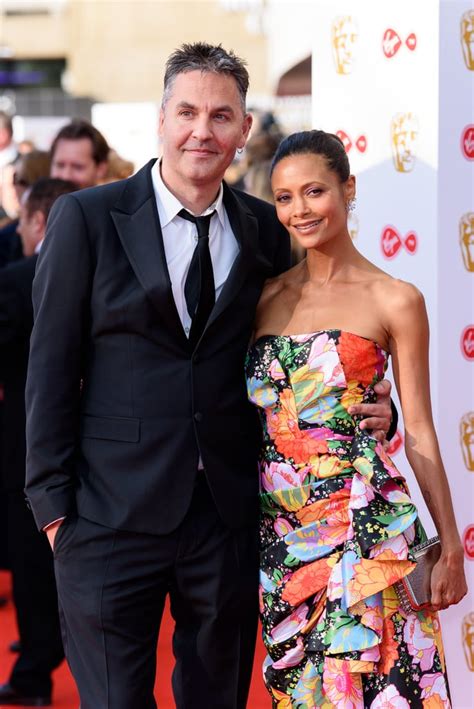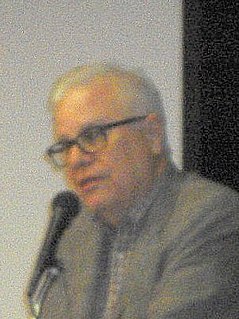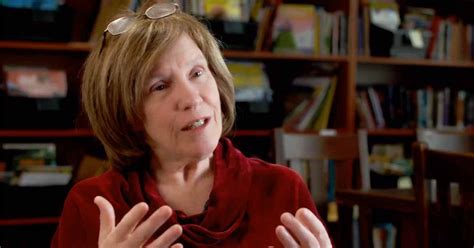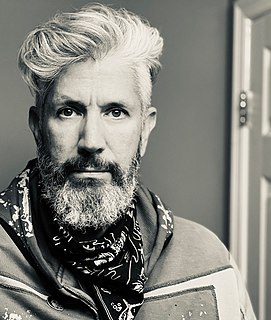A Quote by Ol Parker
I just did what any writer does, tried to listen to the characters, whether they're 18 or 80.
Related Quotes
One question you ask as a writer or any kind of artist when you start making something is, 'Does this have reason to exist in the world?' And you're reassured when you get little confirmations that people are pleased it did exist - whether they buy a ticket, whether it gets good reviews, whether it transfers.
I have tried to create main characters who are drastically different from the types who generally appear in crime novels. Mikael Blomkvist, for instance, doesn't have ulcers or booze problems or an anxiety complex. He doesn't listen to operas, nor does he have an oddball hobby such as making model airplanes.
The characters created cannot just be a mouthpiece for the writer. When you look at a piece of writing, and it's genuine and it doesn't feel like every character is just a mouthpiece for the writer, but that they've been created in such a way that they're expressing an idea that a writer wants to get across, that's when a story succeeds.

































